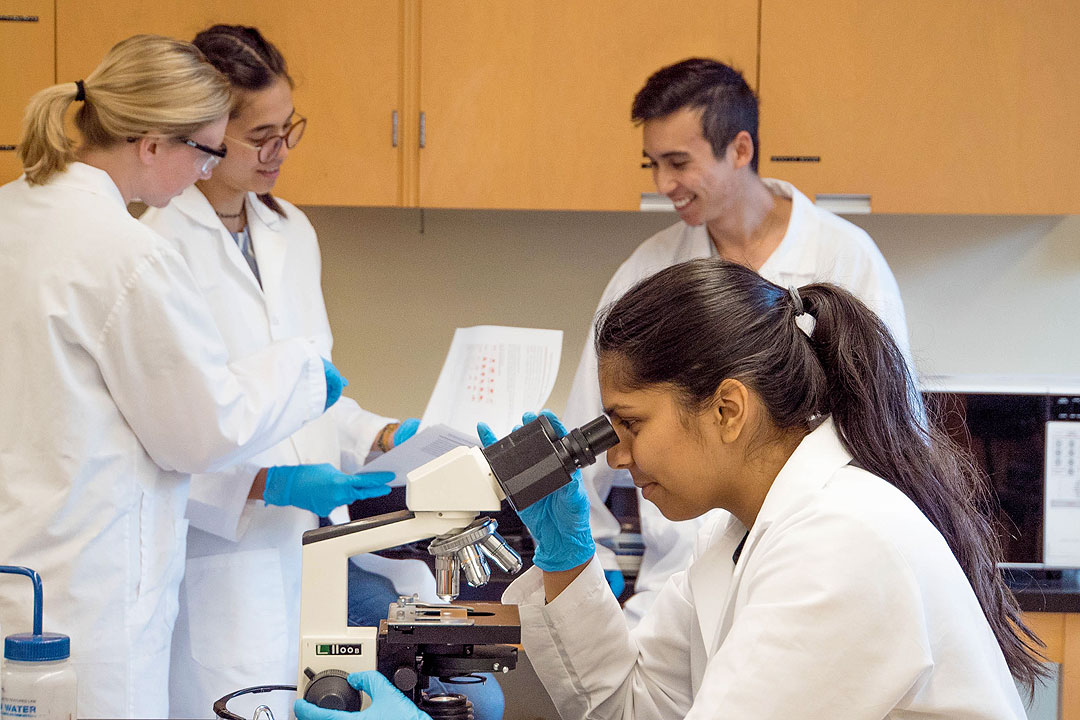
By Patricia B. Mirasol
INDIVIDUAL scientific contributions make the greatest impact when they are backed up by an ecosystem of support, according to Firdausi Qadri, a Bangladeshi biochemist and 2021 awardee of the Ramon Magsaysay Award Foundation (RMAF).
Ms. Qadri’s contributions to infectious disease research helped pave the way for a typhoid conjugate vaccine and a more affordable oral cholera vaccine. Her team’s work was also instrumental in the creation of the National Cholera Control Plan in Bangladesh, where she hails from.
Cholera, an acute diarrheal infection caused by drinking water or eating food contaminated with cholera bacteria continues to spread in countries with poor access to safe water, sanitation, education, and medical care.
Typhoid, likewise spread through contaminated food or water, causes 128,000–161,000 deaths every year, per the World Health Organization (WHO).
“I work with everyone,” said Ms. Qadri, who has collaborated with the government; the icddr,b (formerly known as the International Centre For Diarrhoeal Disease Research, Bangladesh), foundations, universities, clinicians, and community health workers.
“There are differences between doctors and non-doctors, and my first work is to break that partition…You need everyone,” she said at a Jan. 20 lecture organized by RMAF.
Whatever we may be able to achieve is only possible with backup support, agreed Dr. Soumya Swaminathan, WHO chief scientist, who was also at the event.
“It’s not enough to be an individual scientist. You need the team, the ecosystem,” she added. “We are dealing with human beings. We need social and behavioral scientists to set the approach.”
Solving a patient’s problem involves looking at their social circumstances as well. Applying the principles of sanitation, for example, is difficult in places that do not have the prerequisites for it.
Ms. Qadri acknowledged that there have been many frustrations throughout her decades-long career.
“I’ve been working more than 30 years, but it’s still taking me a while… The government has a big bowl of things they want to do, and then you come in with the thing you want to do, so you have to articulate [your vision] and convince them with real, hard data,” she said.
Ms. Qadri’s work on vaccines was born out of the realization that vaccination was the main health tool protecting the public from diseases such as cholera and typhoid. “My science career is not finished yet. There is still a lot that needs to be accomplished,” she said.



